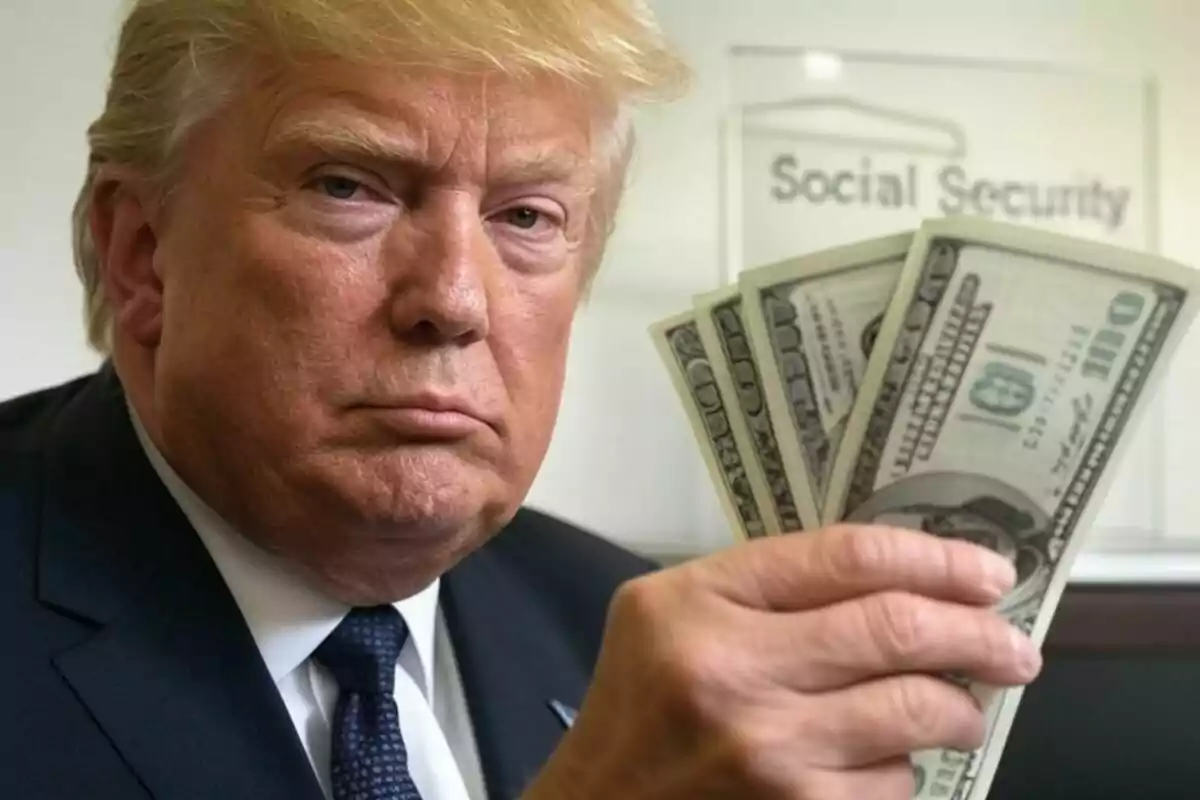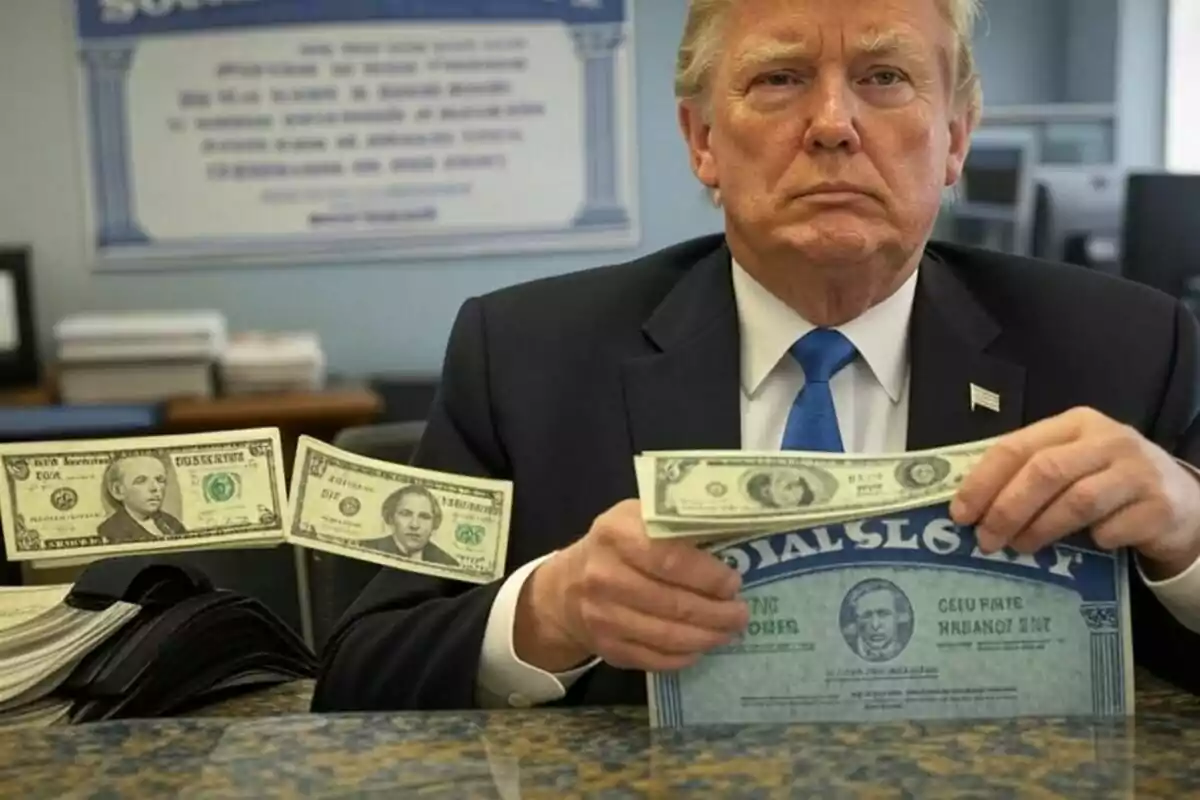If you're one of those who enjoy a good cup of coffee in the morning, you've probably noticed how all prices are increasing more and more. In the United States, where coffee is an almost ritual beverage, this price increase is affecting both consumers and producers. Despite being such a common habit, coffee is facing challenges that could make it even more expensive in the coming months.
The price of coffee in the United States has risen significantly since the beginning of the year. On average, the price of a pound of coffee has increased by one dollar, which puts the current price at about $8.13. Although it may seem like a small increase, the truth is that this is just the beginning; in the coming months, coffee could become even more expensive due to several factors.

What does Trump have to do with this increase?
President Trump is no stranger to tariffs on imported products; his proposal to impose a 50% tariff on Brazilian coffee is causing a stir in the market. Brazil is the largest coffee producer in the world, and the United States buys a large portion of its coffee from there. If this tariff is implemented, the price of coffee could rise even more across the country.

But the tariff isn't the only factor affecting the price of coffee; the weather in producing countries, such as Brazil and Vietnam, has played a crucial role. In recent years, these countries have faced severe climate problems, such as droughts followed by heavy rains. These events have seriously affected coffee harvests, reducing the amount available on the market, and, when supply decreases and demand remains high, the price goes up.
The United States depends on imported coffee
It's important to remember that the United States produces almost no coffee; only Hawaii and Puerto Rico have the right climate conditions to grow it. Therefore, 99% of the coffee consumed in the country comes from other countries, and a large part of that coffee comes from Brazil. If the 50% tariff is added, prices in supermarkets and coffee shops could skyrocket.
How will this affect coffee shops?
The price increase won't only be felt in the supermarket, but also in coffee shops. In places like Starbucks, where Brazilian coffee is used, prices could rise considerably. According to experts, the proposed tariff could "kill the market" for Brazilian coffee in the U.S., which would affect many businesses that depend on this product.
Coffee in the United States could continue to become more expensive due to a combination of factors, from climate problems in producing countries to trade policies that affect imports. The next time you buy coffee, remember that it's not just a beverage, but a series of events that are directly influencing its price.

